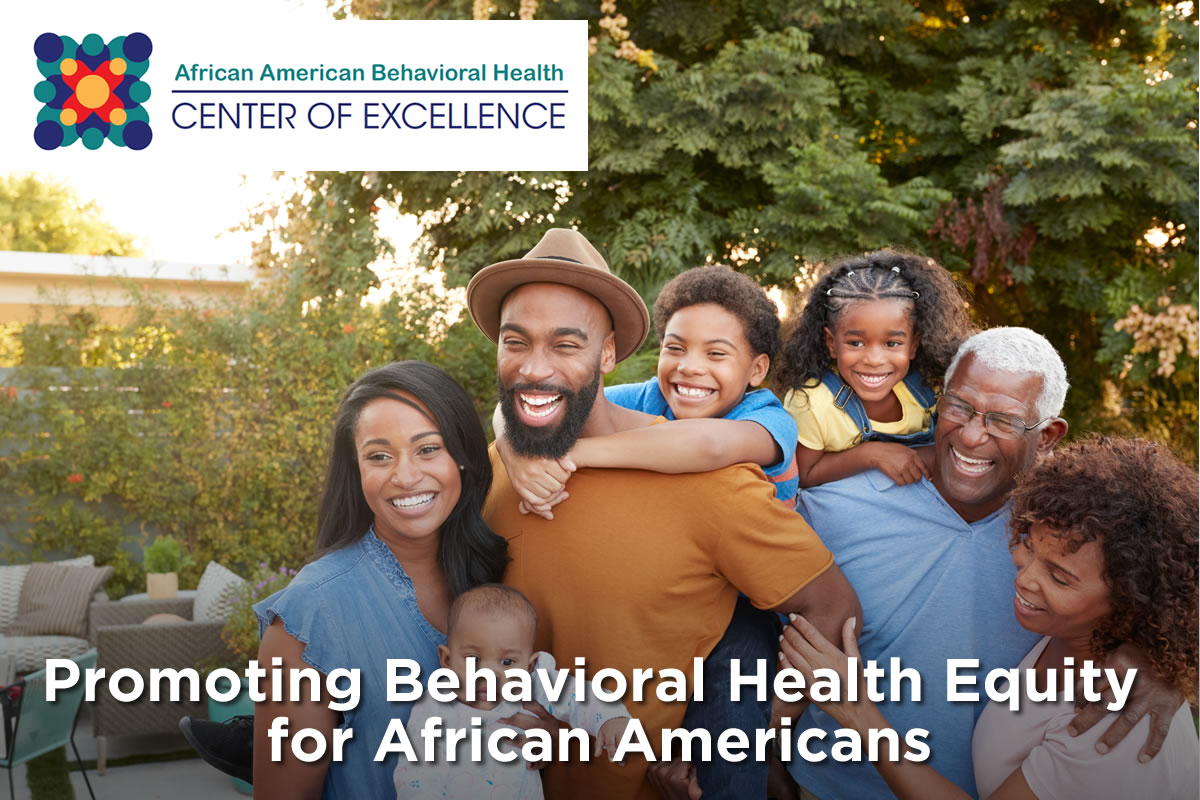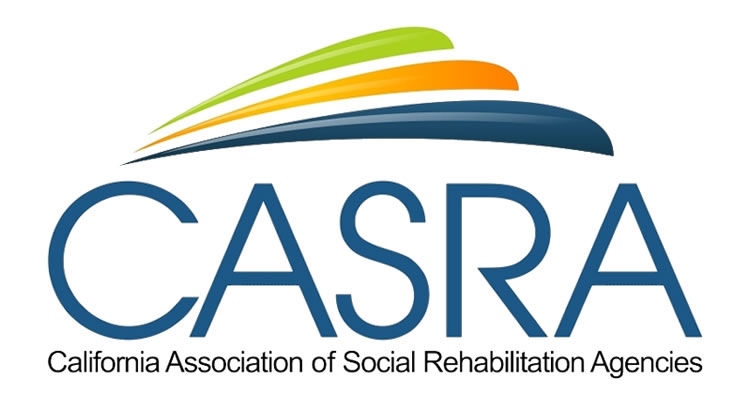New National African American Behavioral Health Center of Excellence

Promoting Behavioral Health Equity for African Americans
Morehouse School of Medicine - February 15, 2021
As the past year has demonstrated, many factors can affect human health and access to effective health services. This is no less true for behavioral health—mental health and substance-related conditions. Now a new source of training and information is available to help professionals and communities address health disparities and support the equity, effectiveness, and appropriateness of behavioral health services for African Americans.
On October 1, 2020, the U.S. Department of Health and Human Services, Substance Abuse and Mental Health Services Administration (DHHS, SAMHSA) established the African American Behavioral Health Center of Excellence (AABH-COE). The new Center of Excellence is a project of Morehouse School of Medicine, one of only four medical schools among the nation’s Historically Black Colleges and Universities.
According to Principal Investigator Dawn Tyus, PhD, LPC, MAC, the new Center’s charge is to create and provide training, written resources, and technical assistance to service providers in behavioral health and allied fields. There will also be information and tools for community partners, families, peer supporters, and individuals living with behavioral health challenges. (Watch the AABH-COE website)
Health disparities have been defined as “preventable differences in the burden of disease, injury, violence, or opportunities to achieve optimal health1 In human lives,” said Dr. Tyus, “this includes the chronic stressors that can make people more vulnerable to disease or give them more serious symptoms and consequences if they do get sick. It can also mean people run into more obstacles on the way to getting the services they need. Or maybe the only help they can get is in service settings where they don’t feel welcome or safe.
“In some cases", said Dr. Tyus, “people are even misdiagnosed or denied appropriate treatment because of some old mistaken beliefs about African American people— beliefs that their providers might not even know they had.”
According to Dr. Tyus, the job of the AABH-COE is, not only to name and understand these disparities and their many effects, but also to prepare the field to correct the disparities and address their effects. This will require a deep appreciation for the field, a firm grounding in the science, willingness to try innovative approaches, and support for the transformation of behavioral health systems, organizations, practices, and practitioners.
The new Center’s agenda is ambitious, Dr. Tyus admitted, “but we have Morehouse School of Medicine behind us, plus an Executive Advisory Board full of distinguished national experts, a nationwide network of strategic partners, and a council of organizations with ties to the amazing diversity and resilience within African American communities.
“We are very grateful for the opportunity to go straight to the center of what’s diminishing the well-being of so many wonderful people,” said Dr. Tyus. “We’re ready to take this on.”
For more information, visit africanamericanbehavioralhealth.org
Contact Information: Dawn Tyus, Principal Investigator dtyus@msm.edu
Pam Lee, Administrative Assistant plee@msm.edu
1 U.S. Department of Health and Human Services (2008). Community Health and Program Services (CHAPS): Health disparities among racial/ethnic populations. Washington, D.C. U.S. Department of Health and Human Services.
